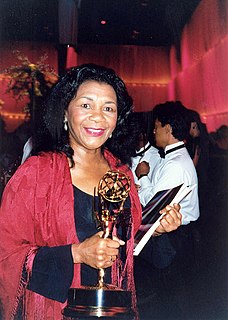A Quote by Northrop Frye
We have to look at the figures of speech a writer uses, his images and symbols, to realize that underneath all the complexity of human life that uneasy stare at an alien nature is still haunting us, and the problem of surmounting it still with us.
Related Quotes
The twentieth-century artist who uses symbols is alienated because the system of symbols is a private one. After you have dealt with the symbols you are still private, you are still lonely, because you are not sure anyone will understand it except yourself. The ransom of privacy is that you are alone.
There is a thinking in primordial images, in symbols which are older than the historical man, which are inborn in him from the earliest times, eternally living, outlasting all generations, still make up the groundwork of the human psyche. It is only possible to live the fullest life when we are in harmony with these symbols; wisdom is a return to them.
God who created us has granted us the faculty of speech that we might disclose the counsels of our hearts to one another and that, since we possess our human nature in common, each of us might share his thoughts with his neighbor, bringing them forth from the secret recesses of the heart as from a treasury.
In a world where there are no longer books we have almost all of us read, the movies we have almost all of us seen are perhaps the richest cultural bond we have. They go on haunting us for years the way our dreams go on haunting us. In a way they are our dreams. The best of them remind us of human truths that would not seem as true without them. They help to remind us that we are all of us humans together.
All the wants which disturb human life, which make us uneasy to ourselves, quarrelsome with others, and unthankful to God, which weary us in vain labors and foolish anxieties, which carry us from project to project, from place to place in a poor pursuit of we don't know what, are the wants which neither God, nor nature, nor reason hath subjected us to, but are solely infused into us by pride, envy, ambition, and covetousness.
Symbols are specific acts or figures, while myths develop and elaborate these symbols into a story which contains characters and several episodes. The myth is thus more inclusive. But both symbol and myth have the same function psychologically; they are man's way of expressing the quintessence of his experience - his way of seeing his life, his self-image and his relations to the world of his fellow men and of nature - in a total figure which at the same moment carries the vital meaning of this experience.
We only have to look around us to see how complexity and psychic 'temperature' are still rising: and rising no longer on the scale of the individual but now on that of the planet. This indication is so familiar to us that we cannot but recognize the objective, experiential, reality of a transformation of the planet 'as a whole.'




































